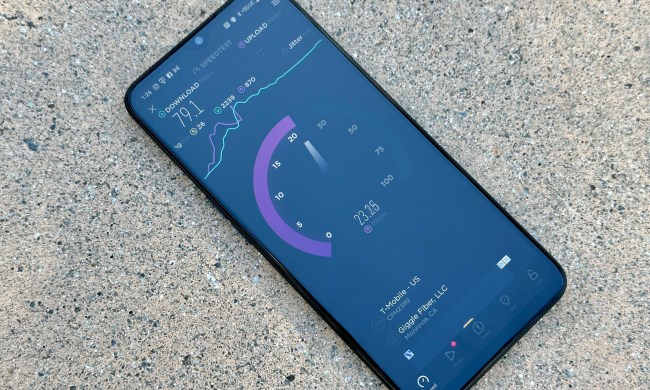Google has discontinued the Pixel 5 and Pixel 4a 5G barely 10 months after launch, the company confirmed this week. While eagle-eyed observers had noticed fluctuating stock levels on both Pixels globally, Google had yet to officially weigh in one way or the other until now.
“With our current forecasts, we expect Google Store in the U.S. to sell out of Pixel 4a (5G) and Pixel 5 in the coming weeks following the launch of Pixel 5a (5G). The Pixel 5a (5G) is a great option for customers and delivers valuable hardware upgrades compared to the Pixel 4a (5G), all at a lower price point,” a Google spokesperson confirmed to Digital Trends. This will also apply to non-U.S. markets, with UK vendors like Carphone Warehouse and John Lewis no longer stocking the older Pixels. The older Pixel 4a remains on sale as a low-cost Pixel option.
While the Pixel 5a 5G offers many of the same features you’ll find in the Pixel 4a 5G and Pixel 5, with the IP67 rating and metal body offering durability boosts over the 4a 5G and the larger battery adding staying power over the 5, it’s not going to be an option in international markets. Google has explicitly limited the Pixel 5a 5G to the U.S. and Japan.
This means once the current crop of Pixels sells out, your only hope for a 5G Pixel would be the premium-priced Pixel 6 and Pixel 6 Pro. While it seems counterintuitive for Google to drop its Pixels without even releasing the next batch, it makes a bit of sense. The reason for the Pixel 5a 5G’s limited launch is due to a chip shortage affecting the Snapdragon 765 which powers both older Pixels. If Google can’t secure enough chips to launch the new 5a 5G widely, it certainly can’t secure enough to keep two older devices on the shelves.
Fortunately, users in international markets won’t suffer a dearth of cheap Android phones as evidenced by phones like the Samsung Galaxy A52s 5G, the OnePlus Nord 2, Xiaomi’s Mi 11 Lite 5G, and so many others. With Google having covered two markets that are typically neglected by Chinese phones, what appeared to be a puzzling decision makes a lot of sense in hindsight.


